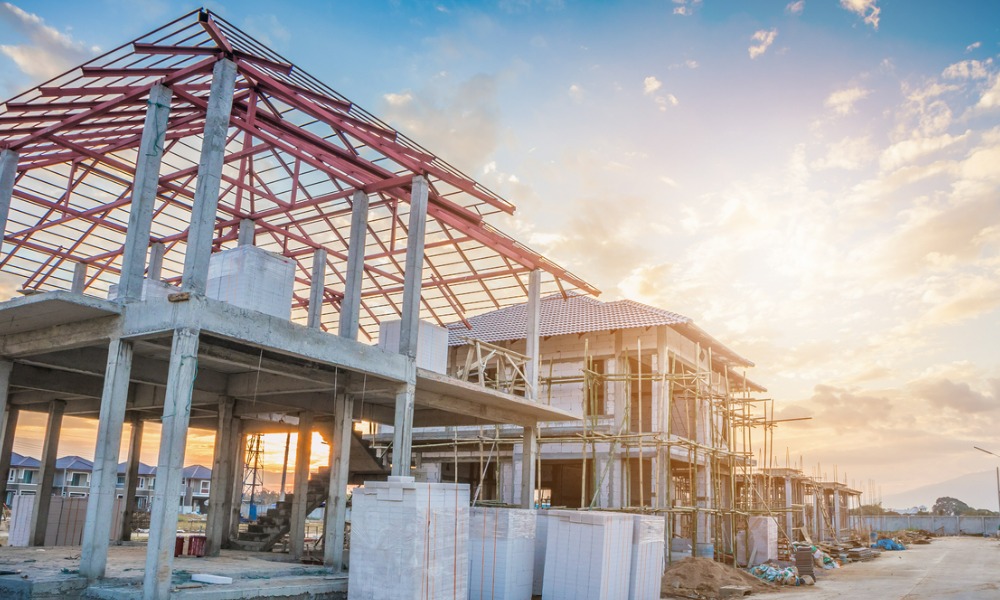Why COR and ISO 45001 aren't good enough for residential construction

The Residential Construction Council of Ontario (RESCON) is making waves in the construction industry with its ambitious plan to develop a safety accreditation program specifically designed for the unique demands of residential construction.
“Instead of adapting an existing program, we're looking to create our own,” says RESCON vice president Andrew Pariser. He says the initiative aims to bridge the gap left by existing accreditation systems such as COR (Certificate of Recognition) and ISO 45001, which Pariser says don’t fully align with the dynamics of the residential sector.
Pariser says COR is more tailored towards public procurement contracts which are government led, while residential construction is led by the private sector. "We tend to own the land, and we develop and build on our own space,” explains Pariser. “It reflects the idea that it's a residential project, and the way the contracts are drawn up, we're the ones who own it." Meaning, private companies also own the health and safety responsibilities. “It's just a fundamentally different model," says Pariser.
This unique aspect of residential construction calls for a safety accreditation program tailored to its specific characteristics, according to Pariser. The existing programs, while valuable, were originally designed with a focus on government projects, making them less adaptable to the residential construction industry's requirements.
Regarding ISO 45001, Pariser expresses reservations, stating, "I would not be as comfortable with ISO as I am with COR. But again, when we've reached out to our members, we haven't seen widespread adoption." This suggests these programs, while potentially adaptable, do not fully align with the realities of the residential construction sector.
RESCON's solution is to create its own safety accreditation program, a bold step towards addressing these challenges. By pooling the collective expertise of health and safety leaders and building on past successes, RESCON aims to develop a safety accreditation standard that seamlessly aligns with the residential construction industry's needs.
While the timeline for this ambitious project is still in the works, RESCON is set to establish a Governance Committee soon. Pariser notes, "I wouldn't be able to give you a timeline, but certainly we'll be providing updates to the members." The association's proactive approach to health and safety promises to set a new standard in the residential construction sector.
RESCON's vision of creating a tailored safety accreditation program represents a significant development in the field of residential construction. But it may also cause confusion among general contractors and other industry stakeholders who may be interested in seeking both government and private contracts.
RESCON aims to ensure safety standards are aligned with the realities of their industry. "The more proactive we can be in health and safety, the better. It's not about being reactive; it's about setting a new standard," claims Pariser.
Health and safety leaders, including those who provide training services, will want to watch this initiative closely.





